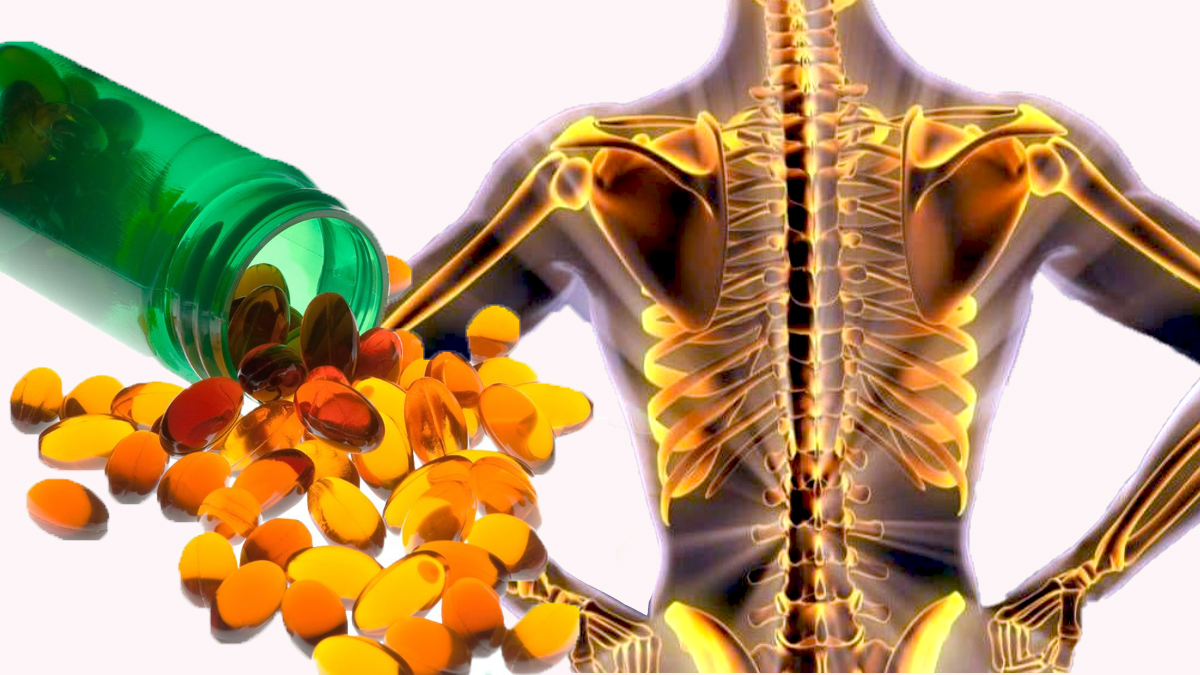
Bones play many roles in the body, ranging from providing structure, protecting organs, and anchoring muscles to storing calcium. While it is important to build healthy bones during childhood and adolescence, you will have to take steps during adulthood to protect bone health.
Your bones are continuously changing — an old bone is broken down and a new bone is made. When you’re young, your body is busy making new bones faster than it breaks down old bones.
Most people get to their peak bone mass around age 30. Bone remodeling continues after that, but you lose more bone mass than you gain.
Read Also | Proven ways to succeed in organic marketing
A number of factors can impact your bone health. For example:
- The levels of calcium in your diet. A diet low in calcium aids in diminishing bone density, early bone loss and a surged risk of fractures.
- Physical activity. People who are physically less active have a higher risk of osteoporosis than their more-active counterparts.
- Tobacco and alcohol use. Research shows that tobacco use contributes to weaker bones. Similarly, regularly having more than one alcoholic drink a day for women or two alcoholic drinks a day for men may increase the risk of osteoporosis.
- Sex. You’re at greater risk of getting osteoporosis if you’re a woman, as women have less bone tissue than men.
- Size. You’re at greater risk if you are extremely thin or have a small body frame, as you might have less bone mass to draw from as you age.
- Age. Your bones get thinner and weaker as you age.
- Race. You’re at the greatest risk of osteoporosis if you’re of Asian descent. In addition, having a parent who has osteoporosis gets you at greater risk — especially if you have a family history of fractures.
- Eating disorders and other conditions. Restricting food intake and being underweight weakens bones in both men and women.



